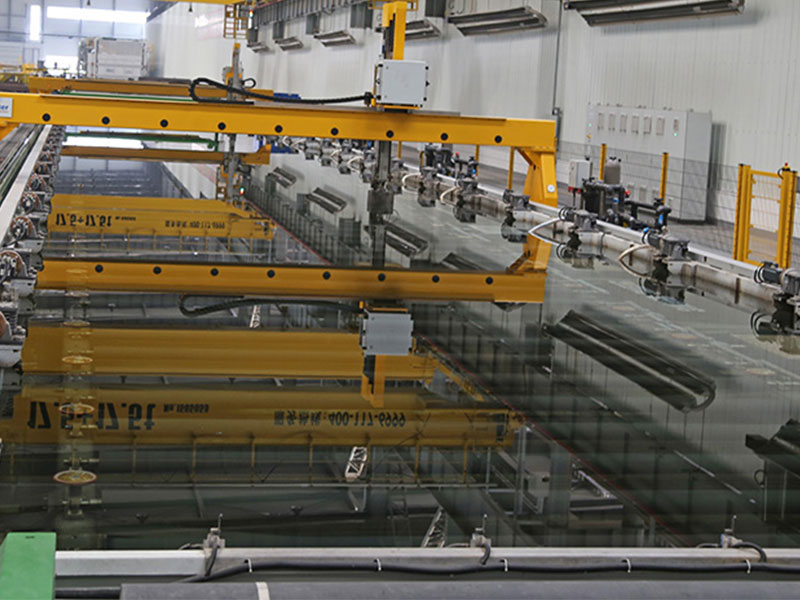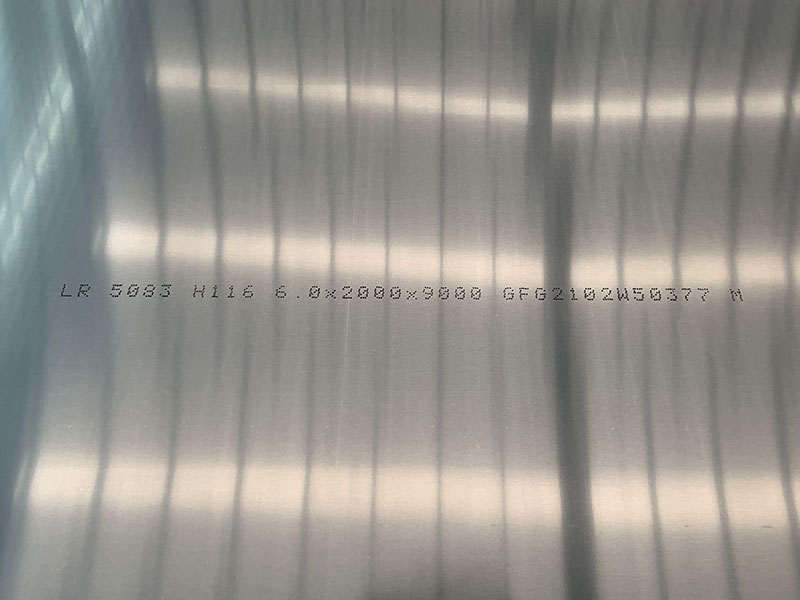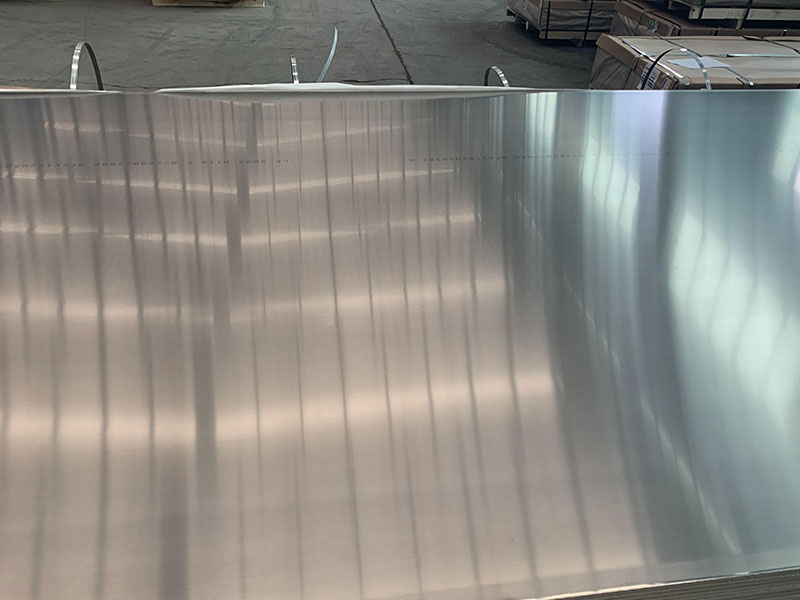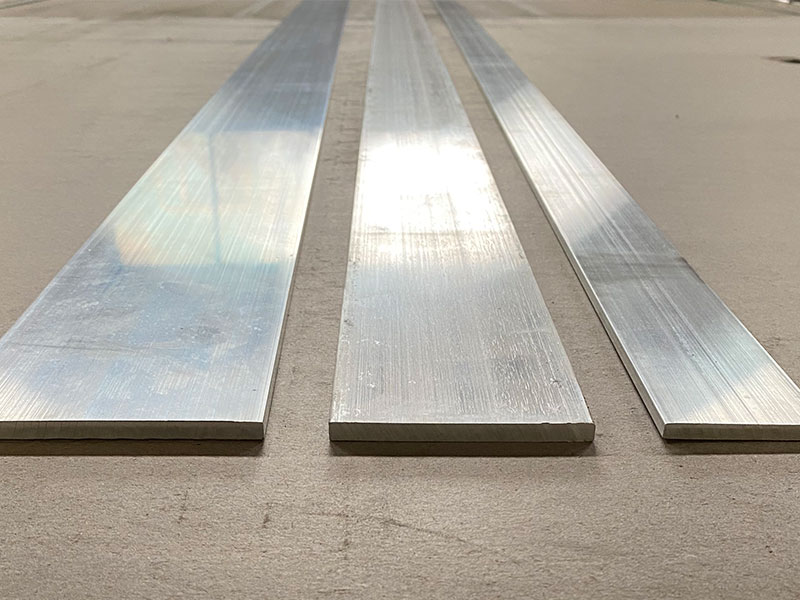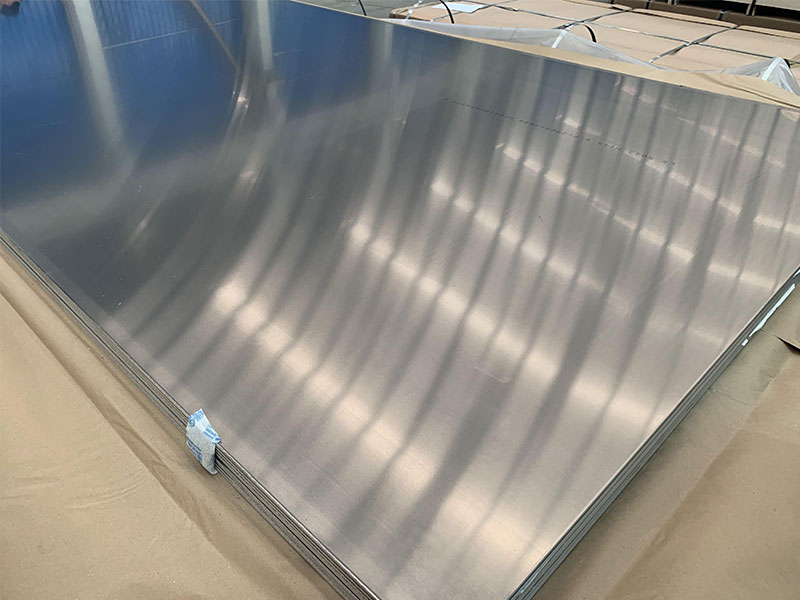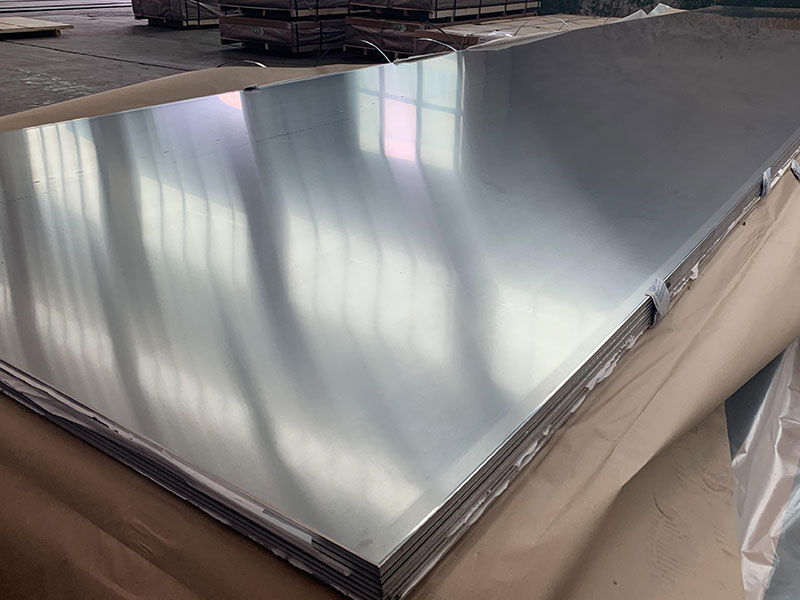Marine grade aluminium 5052 5083 5086
Marine Grade Aluminum: 5052, 5083, and 5086 Alloys from a Performance-Driven Perspective
When it comes to designing and building marine vessels, choosing the right material is critical. Aluminum has become a trusted staple in marine applications for decades, and among its many grades, 5052, 5083, and 5086 is know as the most reliable marine-grade aluminum alloys.
What Makes Aluminum "Marine Grade"?
Marine environments are harsh—the combination of saltwater, moisture, and varying temperatures accelerates corrosion and material fatigue. Marine grade aluminum is specifically tailored to withstand these aggressive conditions without compromising strength, weight, or malleability. Unlike stainless steel or other metals, marine-grade aluminum offers excellent corrosion resistance naturally through a protective oxide layer, maintaining both structural integrity and aesthetics over time.
Alloys 5052, 5083, and 5086: Champions of Saltwater Environments
Each of these alloys has a unique composition and set of properties that make it ideal for marine use, especially in boat building, shipbuilding, and offshore applications.
1. Aluminum 5052: The Evolution of Corrosion Resistance & Formability
Known for its exceptional corrosion resistance in chloride environments (such as open saltwater), 5052 shines because of its high magnesium content (around 2.5%). It ranks high for:
- Superior fatigue strength: Ideal for hulls and decks exposed to constant wave impact.
- Excellent weldability: Meaning it can be crafted into complex shapes and repaired easily.
- Good workability: Its softness allows for excellent machining and bending.
This grade is often favored for smaller crafts, fuel tanks, and ship superstructures, balancing corrosion protection and ease of manufacturing.
2. Aluminum 5083: Ultimate Hardness and Structural Excellence
5083 comes with a higher magnesium content (around 4-4.9%) combined with traces of manganese and chromium:
- Outstanding corrosion resistance in saltwater: Often considered one of the most "marine durable" aluminum variants.
- High strength: Almost 17% stronger than 5052, providing excellent structural integrity.
- Resistance to extreme environments: Withstands heavy impacts, making it perfect for offshore rigs and commercial ship hulls.
This alloy is especially popular for military vessels, large marine structures, and anywhere enhanced material rigidity matters.
3. Aluminum 5086: The Balanced Veteran
Sitting between 5052 and 5083, 5086 mixes high corrosion resistance with reasonable strength and readily accepts welding and forming:
- Effective resistance to saltwater corrosion and marine atmosphere.
- Good tensile strength and flexibility: Allows absorption of impacts without fractures.
- Preferred for plating: Sometimes surface treated to add extra longevity.
This alloy is commonly used in hull plating, storage tanks, and pontoons, keeping performance consistent in moderately demanding marine situations.
Why These Grades Define Marine Engineering Efficiency
From an engineering standpoint, choosing between 5052, 5083, and 5086 isn't merely about cost or availability. These materials respond differently to mechanical stresses and environmental factors that boats and marine structures frequently confront. Their synergy of weight savings, corrosion resistance, and strength contributes significantly to fuel efficiency and safety.
Besides raw performance, the reduced maintenance needs save owners and shipbuilders valuable time and resources. Unlike steel or other metals, marine-grade aluminum prevents rust, fading, or cracking — a lifetime advantage in ocean environments.
Technical Insights Summarized
| Alloy | Primary Composition | Corrosion Resistance | Tensile Strength (MPa) | Typical Use | |
https://www.aluminumplate.net/a/marine-grade-aluminium-5052-5083-5086.html


